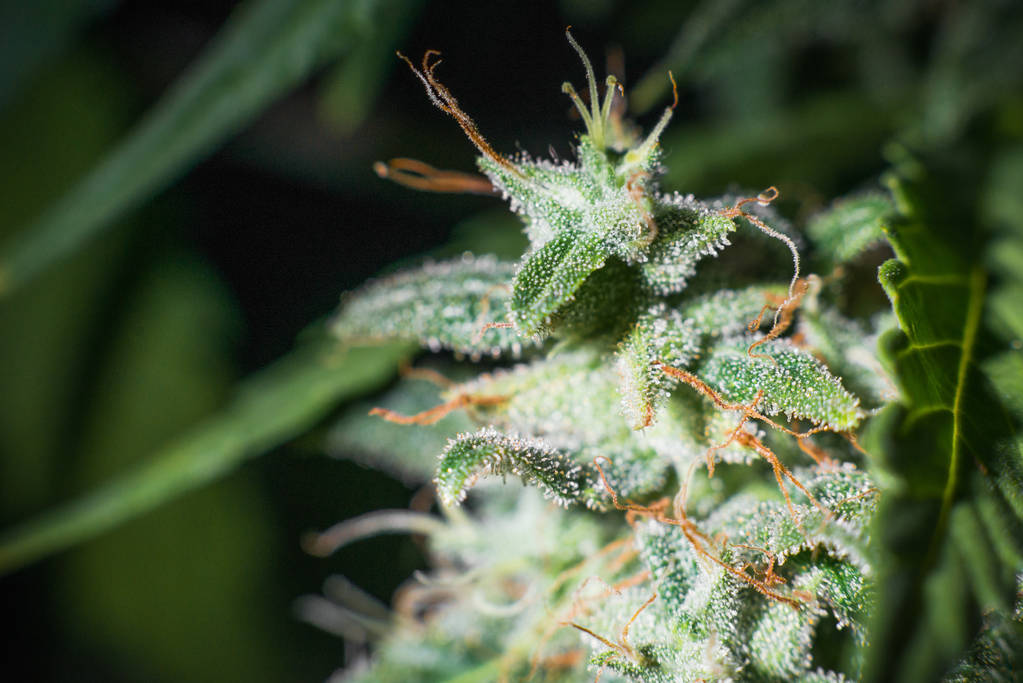Minnesota’s Senate Commerce and Consumer Protection Committee gave approval today to the Omnibus Cannabis Policy Bill (Senate File 2370), a detailed proposal that would make several alterations to the state’s legal marijuana industry.

Introduced earlier this month by Senator David Dibble (D), this comprehensive legislation would address various aspects of the state’s evolving cannabis industry, with the recreational market expected to launch later this year
Among its many provisions, the bill formalizes the Office of Cannabis Management as a recognized state agency for government-to-government relations with Tribal nations. This change allows the agency to directly engage with Tribal governments on matters involving marijuana and hemp, strengthening collaboration and ensuring regulatory alignment where appropriate.
The bill also alters the rules around edible cannabinoid products, including those derived from hemp. It establishes stricter labeling, testing and packaging requirements, prohibits synthetic cannabinoids like THC-O and HHC unless specifically authorized, and sets clearer rules around on-site consumption at licensed locations. For example, beverages containing hemp-derived THC can now be served outside of original packaging, provided the retailer posts all required labeling information.
In addition, SF 2370 updates the state’s medical marijuana program in several key ways. It formally transfers oversight from the Department of Health to the Office of Cannabis Management, expands the authority of Tribal medical cannabis boards and programs, and allows registered caregivers to grow marijuana plants for patients at home. The bill also includes protections for out-of-state and Tribal program patients, letting them access medicine in Minnesota if they hold valid registration cards.
Cannabis businesses, especially those dealing with lower-potency hemp products, would see new licensing requirements and oversight. The bill creates a wholesaler license category for lower-potency hemp edibles and tightens regulations on packaging, marketing and sales. It also adds language requiring labor peace agreements between cannabis businesses and bona fide labor organizations, including for manufacturers of hemp edibles.
Minnesota legalized recreational marijuana in May 2023 when Governor Tim Walz signed House File 100 into law. The law took effect on August 1 of the same year, allowing adults 21 and older to possess, use, and grow marijuana at home. Retail sales are expected to begin sometime in 2025, once the Office of Cannabis Management finalizes rules and issues licenses. In the meantime, SF 2370 serves as a major step toward fine-tuning the regulatory structure around both medical and adult-use marijuana, while also bringing clarity to the state’s rapidly growing hemp industry. The bill now moves forward in the legislative process for further consideration.
For those interested in the detailed discussions on the House version of the omnibus cannabis bill (with the same language as SF 2370), a recording of the House Commerce Policy and Finance Committee’s walkthrough from yesterday is available on YouTube.







